|
One of the biggest problems facing civilisation today is food security. The relatively recent boom in population growth has required ever more commercial intensive agricultural practices to sustain it. The problem is there will come a point where a link in the chain will break and the human race will have to ask the question ‘can we go on using unsustainable methods of producing crops to feed ourselves’? I am sure that sometime in the not too distant future will see a few crisis that will make us understand how fragile our food supplies are especially in intensive modern monocultures. A direct product of our modern mono culture farming methods has resulted in some of the most nutritionally devoid diets in history. Diabetes has now overtaken heart disease as the leading cause of premature death in the UK, both conditions can be directly attributed to the sort of diets encouraged by our current farming methods. Highly processed carbohydrates and sugars are a common vice of the western world’s staple diet and are not by any means natural for our species as great apes. Fruit, nuts, vegetables, insects and occasional small mammals are a natural human diet if our close related cousins are to represent a precedent. Fossil fuelled agriculture has made it easy to harvest wheat’s and grains, annuals grown on mass a diet more commonly in nature held by species with higher metabolisms such as rodents and birds. In historical times foods such as bread and sugar were seen as holy as their high energy content could be the difference of living and starving. It is no wonder our love for sugars and starches have continued through the ages but do we eat too much simple sugar in our diet? It is the effect these types of foods on our hormone insulin which has resulted in type two diabetes becoming such an epidemic problem today. By eating less meat we as humans significantly reduce our impact on the planet. A vegetarian has one third the ecological foot print as a meat eater with a diet high in animal fats being a lead contributor in heart disease cases in developed countries. It is not just the type of foods we eat that make us more prone to disease and having a high ecological impact. Modern agriculture also uses a high level of herbicides and pesticides of which the links to human health cannot yet be fully known. Just because there is no scientific link between a compound and human health does not mean it does not have the potential to cause mutation in cells or make us ill. The problem is in a world of high mortgage’s and rents with higher and higher densities of people living in cities how can anyone have the time or room to grow and harvest enough food to live. Once again sustainable landscape planning can be the key. It was landscape architect Ian Mc Harg who first found the link between high density environments and the reduction in human health and social cohesion. Urban agriculture and farming has revolutionised methods of growing food in urban environments some using permaculture design principles to produce a surprising about of food within a small space. There is no doubt sustainable landscaping techniques such as herb walls, rooftop gardens and city allotments can produce a great deal of produce but a larger ecological planning strategy is needed to help us be self sufficient in food.
Current planning policy in the UK is quite out of date in its underlying founding concepts from the turn of last century. In the high industrial times of the early 1900s towns like London were over populated and dirty mainstream landscape planners believed green lungs in the form of parks and green belt areas should be created to deal with the problems of urbanism. The concepts were correct for the time but today a decentralisation of towns and urban areas would allow for more spread out human settlements with abundant garden space and community growing areas for local food production.
The idea of a new generation of nine to five urban farmers coming home from a long day at work and getting the spade out seems a farfetched notion but it does not have to be. Our current theory of growing vegetables and farming for that matter bases most of its practice in growing annual crops. Rows of delicate young salad leaves and root vegetables which are quickly engulfed by pioneering weed species making annual vegetable growing a timely process. The future of food production should rely on less energy input ecological permaculture and agroforestry systems. Such systems rely on more perennial vegetables and growing a varying array of crops in a permanent forest structure. A typical permaculture or agro forestry food forest would have a top canopy of fruit, nut trees with smaller bushes in the medium canopies with fruits and edible leaves. At lower levels there would be tuberous plants, perennial vegetables and herbs hence catching the suns energy at different levels for maximum food production. Martin Crawford at Agroforestry UK points out that if planted for maximum yield when established could feed ten people per acre with very little energy input. This is significant as modern farming will only usually sustain 5 people an acre with the use of fossil fuel energy. Housing developments of the future could utilise the fundamentals of ecological landscape design and sustainable landscape practices integrated with food forest systems to feed local residence. Abundant naturalistic forest environments will also encourage wild species which could be harvested as food for sport. Aquaculture wetland systems can also be used for sport and the rearing of fish for food. Sustainable landscape planning could create healthier wilder living environments with fitter people. The one thing that makes forest gardens not a viable option for food production in the industrial world is they cannot be harvested in a mass mechanised fashon. Different crops are ready to harvest at varying times of the year and from different orientations to the ground. Forest gardens require knowledgeable skilled plants men to harvest the food types within a forest food system. To add to this forest gardens can have over 200 edible species per hectare which is a huge contrast to the average 20 consumed by most of the population. A future world with low energy input food forest systems could provide alternative educational activities for schools and young people. Careers in harvesting, planting and maintaining food forests could be subsidised by affordable woodland homes in a new ecological local economic framework. Locally produced food and eco tourism could work together boosting rural economies. New temperate permaculture food types will need a new knowledge of cooking an extremely diverse diet of green vegetables, fruits and nuts including many plants with high medicinal values. So it seems a more wild diverse food system based on natural ecology could increase locally produced food production, boost local economies, ensure families re-connect with nature, help mitigate causes of obesity, provide more opportunities for recreational activities and ecotourism. Ecological landscape design and sustainable landscaping techniques could provide the tool box to start to solve Britain’s problems of geographical divide, housing crisis, obesity, biodiversity loss and food security.
2 Comments
11/2/2017 04:54:32 pm
Great post on a really important topic. Thank you
Reply
Leave a Reply. |
AuthorPaul Nicolaides is a landscape Architect from North London and Director of Ecospaces Limited ecological Landscape design & build contractors. His ambition is to help accelerate change to a more sustainable ecological society. A society that plans its urban environments integrating agriculture, wildlife habitat, natural processes, recycling, industry, and sustainable urban drainage. Above all Paul aims to integrate these disciplines and realise there compatibility both on a local and landscape level. Archives
July 2018
Categories |
Photos from Tauralbus, Kurayba, ChodHound, tristanloper, scott1346, Sustainable sanitation, RobBixbyPhotography, The hills are alive*, Bobby McKay., ell brown, ncwetlands.org, Drantcom, alh1, Verokark, U.S. Embassy New Delhi, John Brighenti, umseas, wuestenigel, nestor galina, Sander van Dijk, mikecogh, oatsy40, foundin_a_attic, ndrwfgg, The Garden Smallholder, Aaron Volkening, wallygrom, Sander van Dijk, Base Camp Baker, Local Food Initiative, Kansas Poetry (Patrick), blachswan, infomatique, Phil Roeder, aschutz57
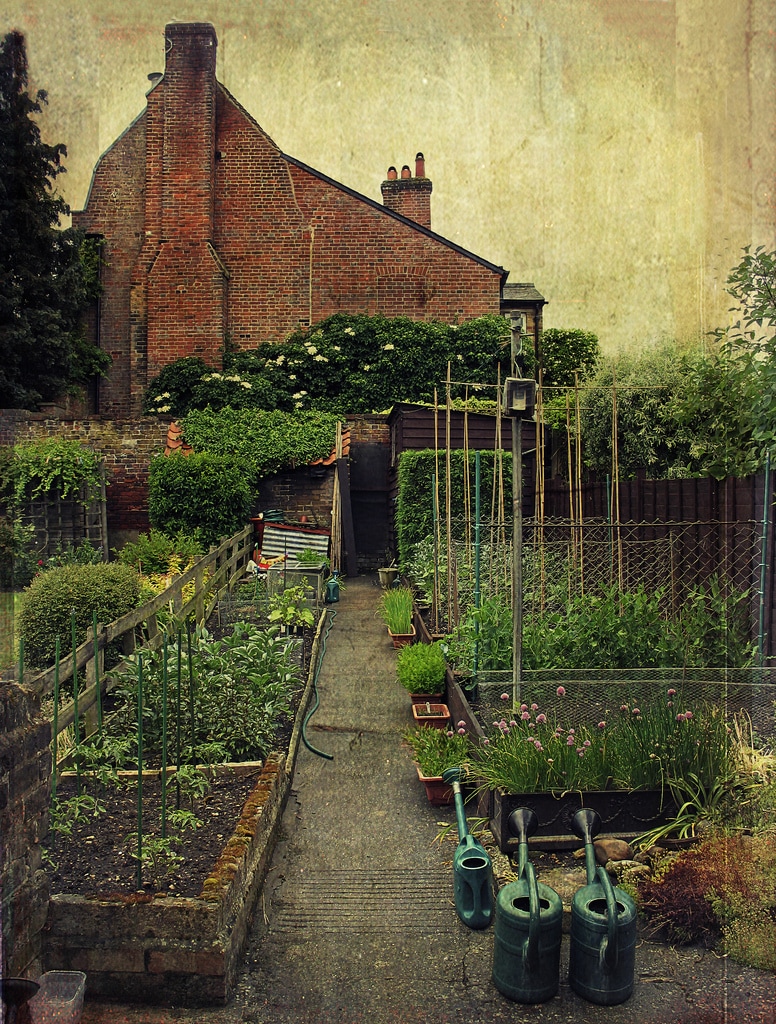

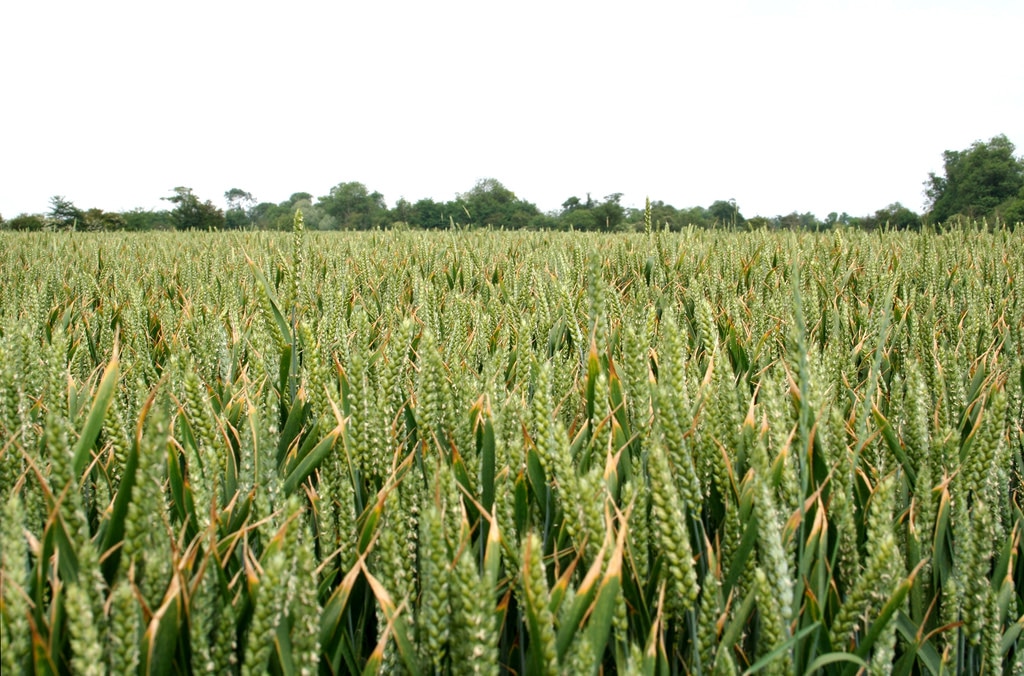
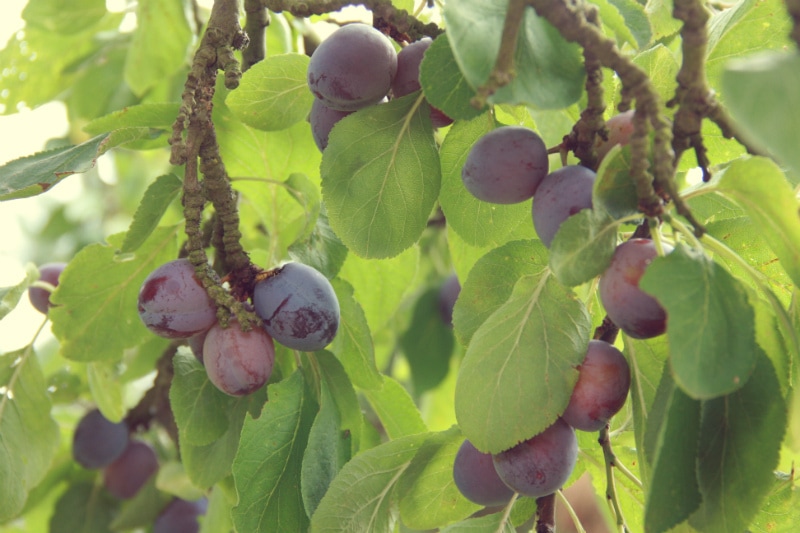
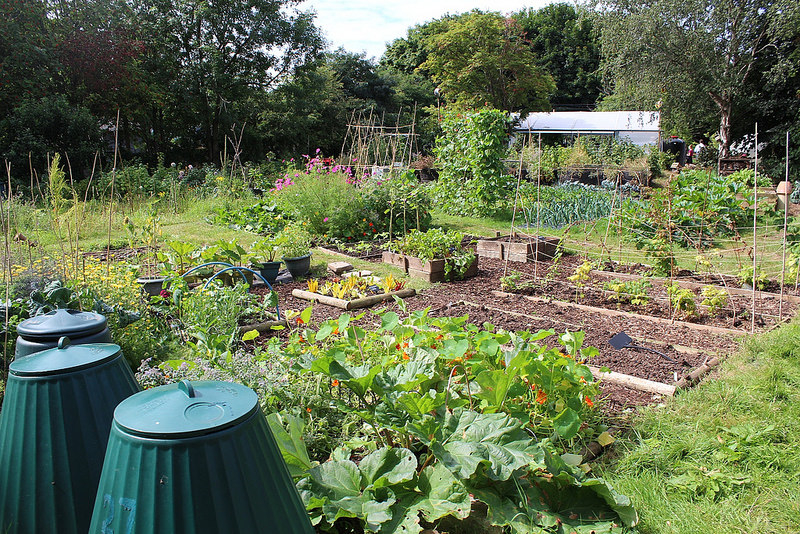
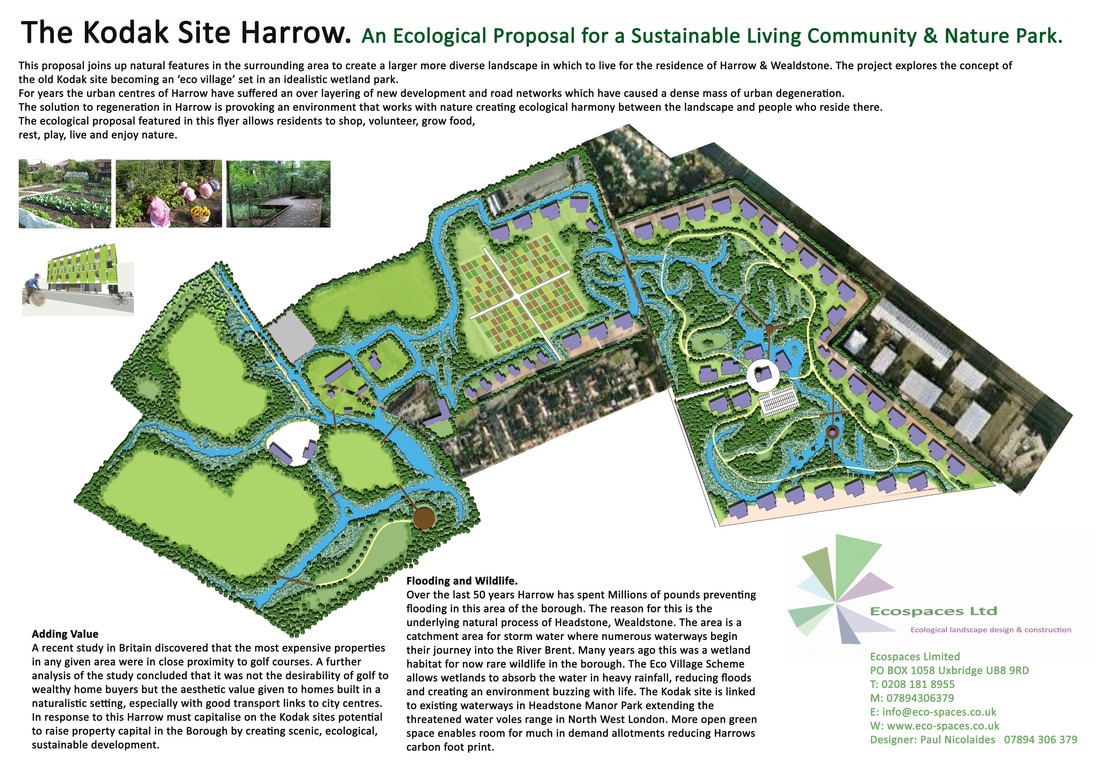
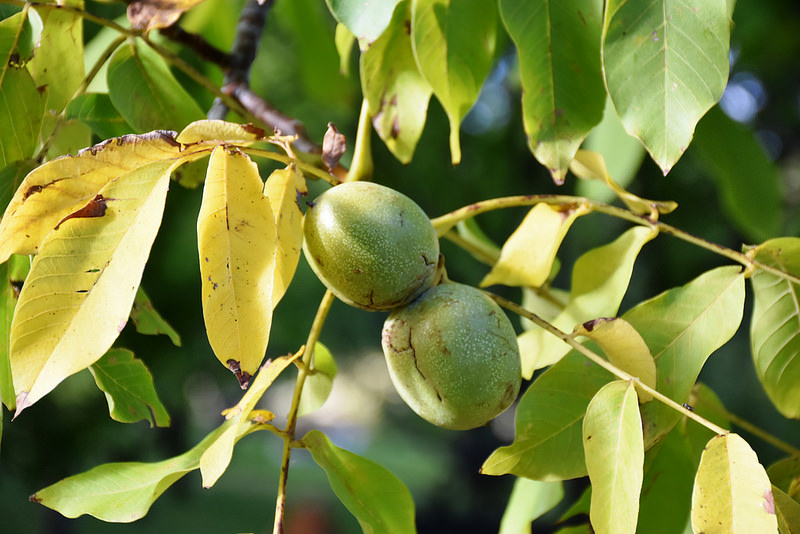
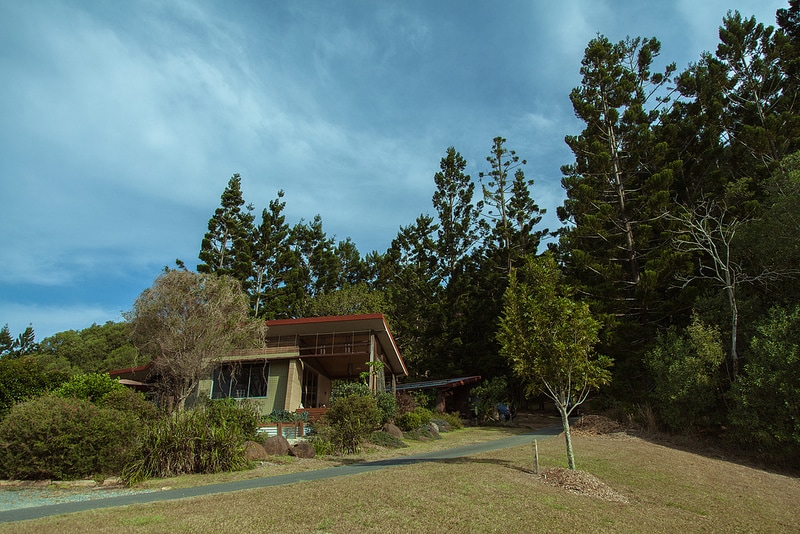
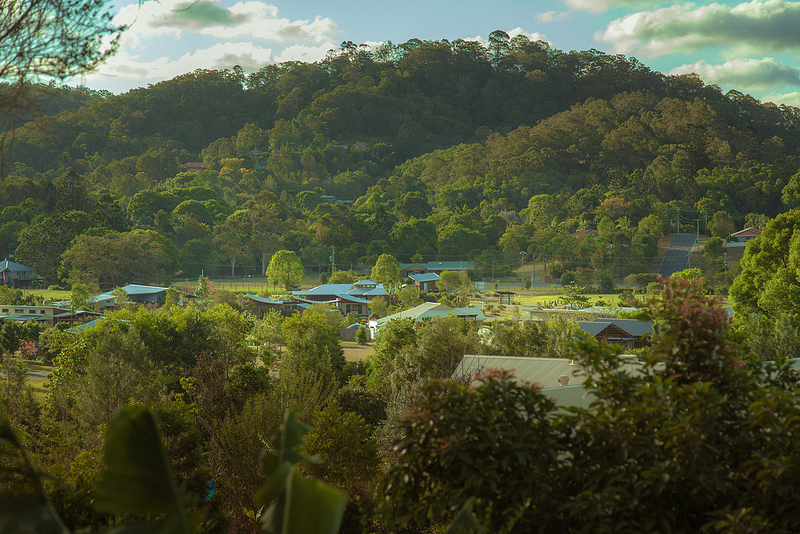
 RSS Feed
RSS Feed
